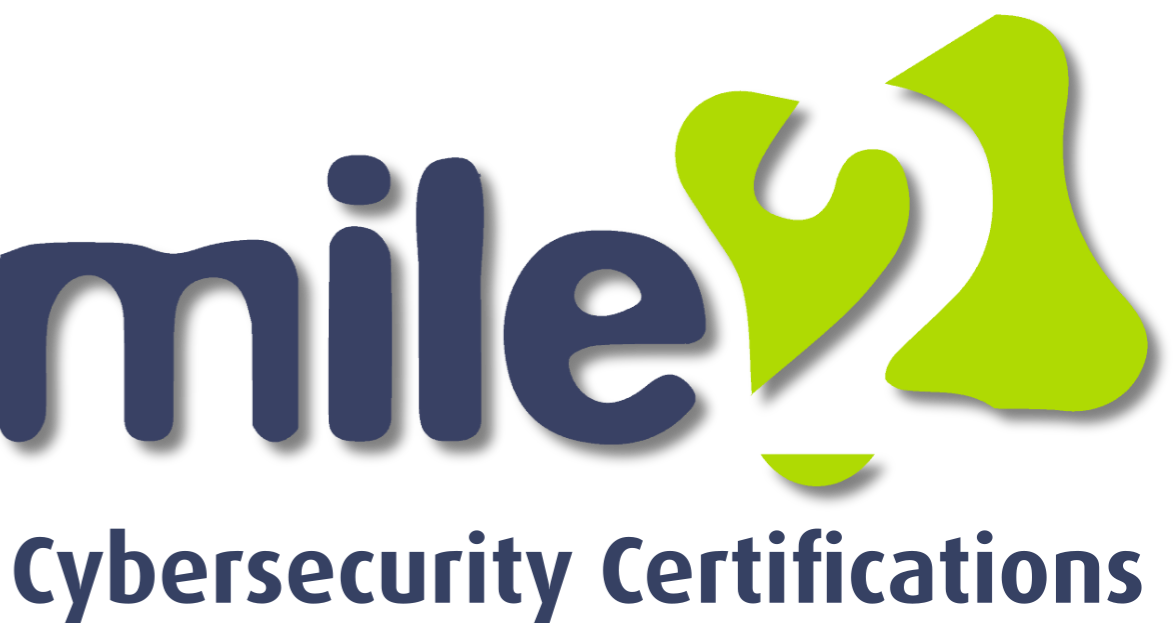Caleb Kiser
Forum Replies Created
-
AuthorPosts
-
Caleb Kiser
ParticipantHi Willy,
You did a great job explaining how company policies create structure and security. I like that you mentioned the Acceptable Use and Password policies. They’re simple but vital for protecting systems. Including Disaster Recovery and BYOD policies shows a strong understanding of both prevention and response in cybersecurity planning.
Caleb Kiser
ParticipantHi Isabelle,
You made great points about both physical and digital risks. I like how you included natural disasters since cybersecurity often overlooks those. Your emphasis on user education and limited access is spot-on—people are usually the weakest link, so awareness and layered permissions really help minimize potential damage.
Caleb Kiser
ParticipantMatthew 5:6 reminds us that no matter how much we try to satisfy our physical desires, the things of this world will never truly fill us. We live in a culture that constantly tells us to chase after success, popularity, and comfort, but those things eventually leave us empty. What Jesus offers is different. When we hunger and thirst for righteousness, we’re craving something that actually lasts: His presence, His truth, and His way of living. To be filled isn’t about having more; it’s about being made whole in Him. True satisfaction comes when our hearts are aligned with God’s will.
Caleb Kiser
ParticipantSome of the most critical policies for a strong security program include access control, password management, and incident response. Access control policies make sure only authorized users can reach sensitive data or systems, reducing the chance of insider threats or accidental leaks. Password management policies help enforce strong, regularly updated passwords and the use of multi-factor authentication. An incident response policy is also key because it outlines exactly how the organization will detect, respond to, and recover from security breaches. Other important policies include data backup, acceptable use, and employee training to build awareness of common cyber threats. When these policies work together, they create a solid foundation that keeps networks secure and helps organizations respond quickly if something goes wrong.
Caleb Kiser
ParticipantCompanies today deal with all kinds of risks to their networks, like phishing emails, malware, ransomware, insider threats, and outdated systems. Phishing is especially dangerous since it tricks employees into giving away passwords or sensitive info. Old or unpatched software also makes it easy for hackers to break in. To prevent this, companies should use strong security measures like multi-factor authentication, regular updates, and cybersecurity training for staff. Firewalls, network monitoring, and data backups also go a long way in keeping systems safe. The best defense is staying proactive by mixing good technology, smart policies, and educated users to stay ahead of potential attacks.
Caleb Kiser
ParticipantThis is such a powerful reminder of how Jesus modeled true strength and obedience in the face of temptation. Even after fasting for 40 days and being physically weak, He stood firm on God’s Word instead of giving in to momentary satisfaction or worldly power. What stands out most is that Jesus didn’t rely on His own willpower; He relied on Scripture and the Spirit. That same Spirit now lives in us, giving us the ability to resist temptation and stand strong when life tests us. When we’re overwhelmed or feel like giving up, we can remember that Jesus already conquered sin and gave us victory through faith. Temptation may be real, but God’s power in us is greater. Every time we turn to Him instead of giving in, we reflect the same victory Jesus showed in the wilderness. Our faith truly overcomes the world.
Caleb Kiser
ParticipantHi Carlos,
Cryptography is a huge part of keeping our digital world safe. Things like encryption, hashing, and digital signatures make sure data stays private, untouched, and verified. It’s what keeps online banking, messages, and personal info secure, and helps companies earn trust while staying protected from hackers.
Caleb Kiser
ParticipantHi Misty,
I enjoyed reading your post. Access control really is the foundation of organizational security. By aligning access with job roles, companies can minimize risks while keeping workflows efficient. Strong authentication, clear permissions, and regular audits not only protect sensitive data but also build accountability and trust across the entire organization.
Caleb Kiser
ParticipantCryptography is a vital part of modern cybersecurity because it protects data from being accessed, altered, or stolen by unauthorized users. It works by converting plain information into an unreadable format that can only be decoded by someone with the correct key. This ensures the confidentiality, integrity, and authenticity of data both in storage and during transmission. Cryptography is used in many everyday applications like securing online banking, protecting passwords, encrypting emails, and verifying digital signatures. It also helps organizations comply with data protection laws and maintain customer trust. By preventing tampering and ensuring that data remains unchanged from its original form, cryptography helps guarantee that information is accurate and reliable. Overall, it serves as a cornerstone of data security, making sure sensitive information stays private and trustworthy in a digital world.
Caleb Kiser
ParticipantAccess controls are essential for keeping a company’s sensitive information safe by making sure only the right people can access certain systems or data. They work on the idea of giving employees just enough access to do their jobs, nothing more. Clear access control policies outline who can access what, how that access is given, and how it’s monitored. This helps protect things like financial data, employee records, and company secrets from getting into the wrong hands. For example, role-based access control lets IT teams assign permissions based on someone’s position, which cuts down on mistakes and insider risks. When paired with good habits like regular audits, strong passwords, and multi-factor authentication, access controls add a solid layer of security that helps prevent data breaches and keeps the company compliant and trustworthy.
Caleb Kiser
ParticipantMatthew 3 reminds us that real faith shows up in how we live. When John the Baptist saw the Pharisees and Sadducees coming, he called out their fake religion and warned that claiming Abraham as their ancestor wasn’t enough. God wanted repentance, not rituals. He wanted hearts that were changed, not just people who looked the part. The image of the axe at the root is a clear warning about what happens when our lives stop producing good fruit. Like Israel, we can easily rely on our own goodness instead of God’s grace. True repentance means turning from self-reliance and letting the Holy Spirit bring real change. Spiritual fruit like love, humility, and obedience naturally grow from a heart surrendered to Jesus. The message is simple: don’t just act like a believer, live like one.
Caleb Kiser
ParticipantHi Misty,
Great explanation! You did a nice job outlining how physical, technical, and administrative controls all work together to protect a company’s network. I especially appreciate how you mentioned multi-factor authentication and staff training, as these human-focused measures are often overlooked but make a significant difference in overall security.
Caleb Kiser
ParticipantHi Isabelle,
Great summary! You clearly explained the differences between DAS, NAS, and SAN. I like how you pointed out the trade-offs between cost, complexity, and scalability. It’s true that SANs offer excellent performance and redundancy, but their setup and maintenance make them better suited for larger organizations with strong IT support.
Caleb Kiser
ParticipantThere are a lot of ways a company can protect its network and keep information safe. One of the first steps is putting clear rules and policies in place, like who is allowed to access certain systems and how employees should handle sensitive data. On the technical side, tools like firewalls, antivirus programs, and intrusion detection systems help block hackers and suspicious activity. Physical security matters too, keeping servers locked up and limiting who can get into certain areas can make a big difference. Things like encryption and multi-factor authentication add extra layers of protection, making it harder for anyone unauthorized to get in. It is also important to keep systems updated, use strong passwords, and regularly monitor the network for unusual activity. When a company combines all these things, it creates a much stronger defense against any potential threats.
Caleb Kiser
ParticipantData storage comes in several options, each serving a different purpose depending on how fast, large, or accessible it needs to be. Primary storage, like RAM, is used for temporary high-speed access while a computer is running. Secondary storage includes hard drives and solid-state drives, which keeps data long-term even when the system is turned off. Optical storage, such as CDs or DVDs, and flash drives offer portable ways to back up or share files. Network-attached storage lets multiple users access shared data over a network, which is great for collaboration. Cloud storage, like Google Drive or Dropbox, stores files on remote servers that can be reached from anywhere with internet access. Each type has its own balance of cost, speed, and capacity, so most people and organizations use a mix to keep their data efficient, secure, and easy to access.
-
AuthorPosts

